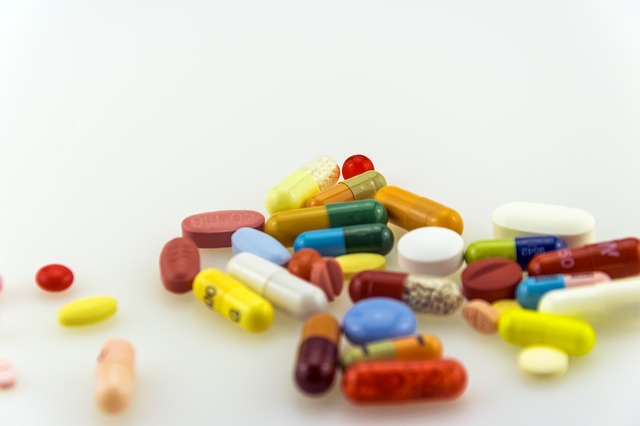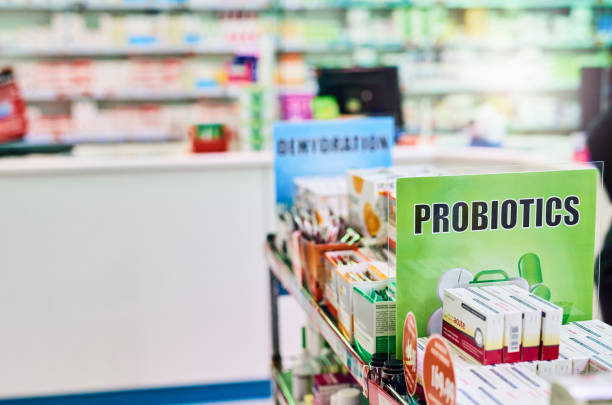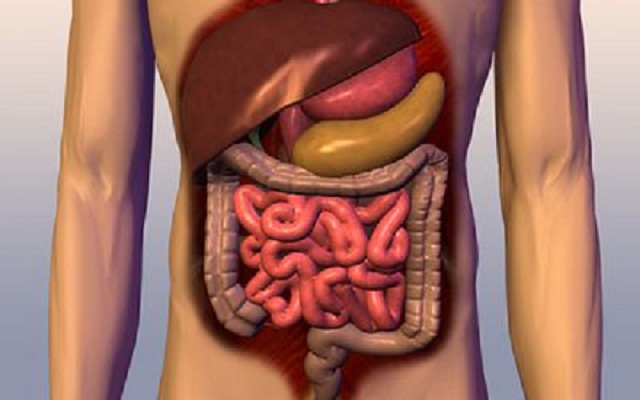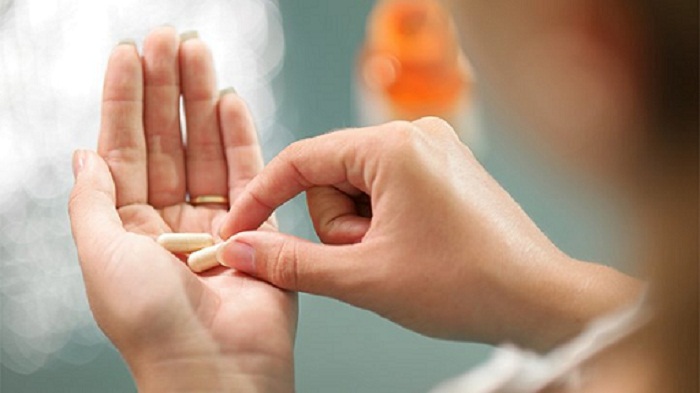Do Oral Probiotics Really Work?
Probiotics have gained immense popularity in recent years for their numerous health benefits.
However, not many people are aware that oral probiotics can also contribute to teeth and gums by keeping your oral microbiome healthy.
Oral probiotics may be a natural remedy for people suffering from bad breath, tooth decay, gum diseases, and other oral health issues.
Here is everything you need to know about oral probiotics and whether they actually work.
What are Oral Probiotics?
Probiotics are live microorganisms that carry out a number of healthy and beneficial functions in your body. These probiotics are found in a number of areas of your body, like the gut, mouth, vagina, urinary tract, skin, eyes, and ears, and more!
Oral probiotics are supplements with researched strains of beneficial bacteria and yeast that have been proven effective for maintaining oral health.
These supplements are in the form of chewable probiotics, probiotic lozenges, and probiotic drink (such as kefir or kombucha) which are developed specifically to replenish the probiotic levels in your oral microbiome.
How Do Oral Probiotics Work?
Research indicates that oral probiotics show promise as a natural remedy for a number of issues, like bad breath or halitosis, caries, and periodontal gum diseases, among others. Oral probiotics work effectively in restoring the oral microbiome to its natural diverse state.
Most people grab an antimicrobial mouthwash at the first sign of tooth problems or begin cleaning their teeth like a strenuous exercise.
Most oral problems arise out of an imbalance in the oral microbiome. Like your gut, your oral cavity has trillions of microorganisms living together in a delicate balance.
Anything from stress, environmental factors, sugary foods, and alcohol or lifestyle change can cause a shift in the microbiome balance to support unhealthy and harmful microbes.
Without enough probiotics in your mouth, harmful microbes like Streptococcus mutans and Candida begin growing and taking control.
They reverse the pH balance of the mouth and make it very acidic which strips calcium of your teeth enamel.
This makes it easy for other harmful bacteria to cause tooth decay, caries, halitosis and gum diseases. Oral probiotic supplements work in a number of ways to prevent oral issues from growing out of control.
Probiotics Repopulate the Oral Microbiome
Probiotic strains present in oral supplements are already naturally living in your mouth. The supplemental strains work with the existing probiotics to repopulate the oral microbiome.
They compete for space and limited resources and effectively manage to crowd out harmful bacteria and other microbes.
They Have Antimicrobial Properties
Many studies have shown probiotics to contain antimicrobial properties. They work just like antibiotics in making the body uninhabitable for bad bacteria.
For instance, in the mouth when you introduce fresh probiotic strains, they release certain enzymes and chemicals which begin targeting harmful microbes.
Probiotics can modify the surrounding environment by modulating the pH and the oxidation–reduction potential. This may work to compromise the ability of pathogens and any microbe which is growing out of control to become established.
These enzymes make it difficult for harmful bacteria like Strep mutans to survive and flourish. Probiotics are known to secrete various antimicrobial substances such as organic acids, hydrogen peroxide, and bacteriocins which work effectively on killing harmful bacteria.
It is important to note that chemicals, acids, and enzymes released by probiotics affect only harmful microbes and no other probiotic species.
They Improve Immunity and Reduce Inflammation
Probiotics are known to bind with immune cells and launch a correct response to any pathogen invasion in the mouth. It is now known that the human immune system depends upon these bacteria strains for stimulation and to help distinguish harmful pathogens from the good microbes.
By training the immune cells, probiotics prevent chronic inflammation and other autoimmune disorders.
Inflammation does not allow for speedy recovery in your body. On the other hand, when your mouth has high levels of probiotics, your tissues heal faster.
The Research on Oral Probiotics
A study conducted by Burton et al, found that people with bad breath did not have bacteria Streptococcus salivarius in their mouths, as compared to people who did not suffer from bad breath. Streptococcus salivarius is a favorable bacteria strain which inhibits the amount of bad breath causing bacteria.
By using S. salivarius K12 containing gum or lozenges daily, patients in the study who were previously diagnosed with halitosis were able to reduce the levels of VSCs in their mouths.
Another study by Kang et al noted that patients,who gargled twice a day with 15 mL of Weissella cibaria CMU for two minutes, could successfully reduce incidence of oral health issues.
A study by Keller et al observed that chewing gum containing probiotics significantly reduced levels of bad bacteria after a 14 day period.
A study found that repopulating the mouth with good bacteria. S. oralisand S. uberis could significantly reduce the risk of gingivitis, periodontal disease, and tonsil stones.
Oral probiotics have also been found beneficial in children by actively reducing the incidence of tooth decay and cavities. In a study, Lactobacillus rhamnosus GG was found to prevent dental caries as compared to standard milk, particularly in children aged between 3 and 4.
The children were divided into two groups in this randomized, double-blind placebo controlled study, where one group was given milk enriched with Lactobacillus rhamnosus GG, while the others were given regular milk 5 days a week.
After 7 months the probiotic rich milk proved to be beneficial to dental health as compared to the children who drank milk without the probiotic.
Best Way to Take Oral Probiotics to Make Them Work
It is best to follow manufacturer instructions to reap the most benefits from oral probiotic supplements. Always remember that taking probiotics is not a substitute for brushing your teeth or stopping good oral care.
Make sure you don’t eat or drink anything for at least 20 minutes after having the probiotic supplement.
This is to ensure that good bacteria have the best chance to adhere to the surfaces in the mouth and begin colonizing. You may also consider brushing right before having your oral probiotic supplement.




